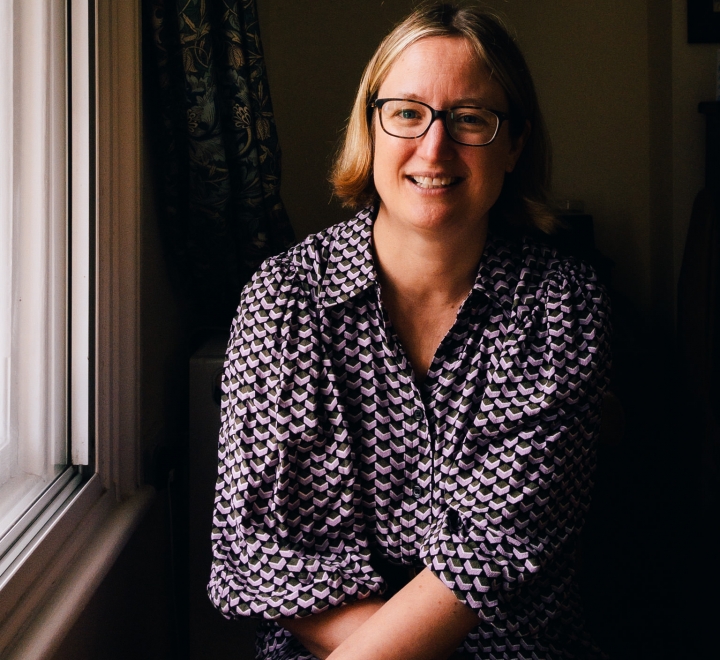
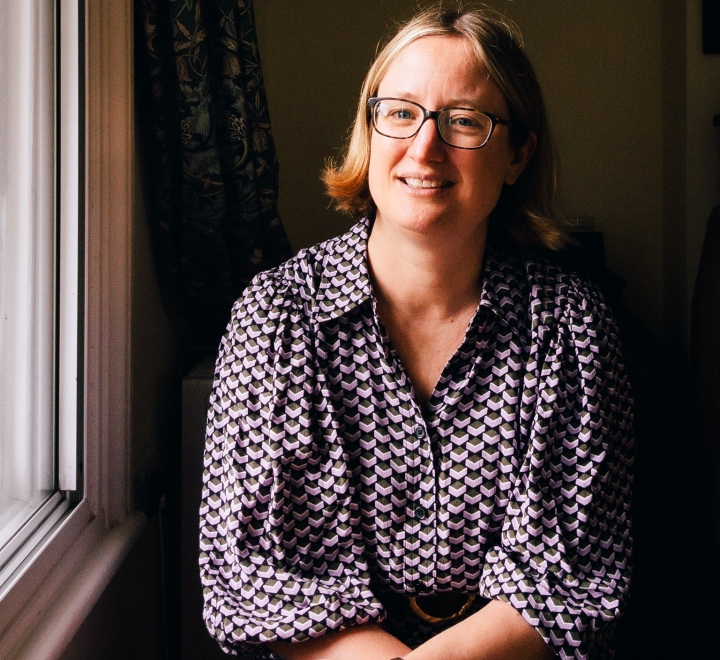
Nurses are vital
To Kate, nursing is about being alongside people in their greatest time of need. In times where you get to know your patients so intimately, during such trauma and distress, nursing is a privilege.
“I really wanted to do a job that made a difference to people, to be alongside patients and be with them for their whole hospital stay. It’s unique, amongst all the healthcare professions.”
As well as a privilege, it’s also a profession that can be misunderstood, Kate says.
“What I wish people understood is that nursing is a safety critical profession. It’s a job undertaken by highly skilled and highly trained professionals,” Kate tells us. “The view is often nurses are nice to have but not vital, but I think they’re absolutely vital. The fact that nurses are highly trained is often overlooked.”
The qualities of a good nurse
“It’s like ‘what are the qualities of a good human being?” Kate says. “I think the joy of nursing is that there are such a range of roles.”
From nurse lecturers and intensive care nurses, to palliative care nurses and nurse researchers, the variety of roles makes it hard to determine the qualities of a good nurse. The one key thing for Kate? You do need to like working with people.
“One of the things is that you’re often the lynchpin to making sure everything runs smoothly. Good nursing is often invisible, because you’re making sure everything is going well under the surface,” Kate says.
“Good nursing is often invisible, because you’re making sure everything is going well under the surface”
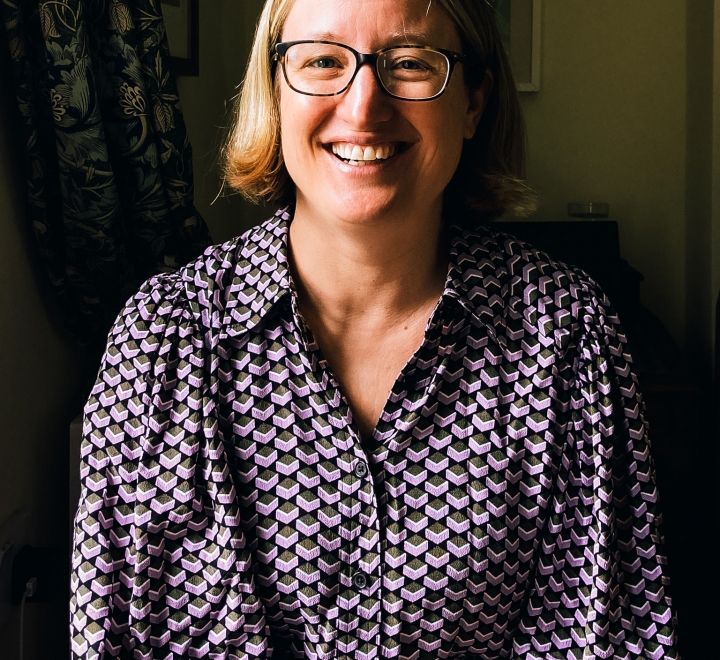
Retraining in respiratory
Starting out in NHS management, it was an experience in A&E that really stuck with her and spurred her to re-train as a nurse. “I was working in A&E and was told I couldn’t give a patient a blanket because I wasn’t a nurse!” she tells us. She decided to go back to university and did the accelerated diploma at King’s College.
Kate’s interest in respiratory care came when she recognised that so many of the patients she met appeared to have COPD or asthma. “I became fascinated with COPD and enjoyed that acute element of nursing.” Kate also worked on a respiratory ward, caring for patients with COPD exacerbations.
“I enjoyed looking after people living with COPD but became frustrated with my lack of ability to help them out of the hospital,” she tells us.
“I was thinking about how we could better support patients with COPD at home. That defined my career really, in that I’ve always been interested in taking services out of hospital into the community, to the patient’s home.” This spurred her to move to Southampton to the Respiratory Centre of Excellence. There, she worked on a research study, supporting patients out of hospital with their COPD.
Improving patient care through research
In 2016, Kate undertook a full-time PhD, identifying and characterising patient experiences of burden of treatment in lung cancer and COPD. “I was really interested in finding out how patients were supported – or not – by health systems. I looked at both patients with COPD and with lung cancer, discovering how from diagnosis the patient’s experience of treatment had changed.”
Kate has learnt that there is a stigma attached to having COPD, but not so much with lung cancer. In fact, she says many people haven’t heard of COPD. “When given a diagnosis of COPD, people often think ‘thank goodness I don’t have cancer’ – but their prognosis could be just as bad. People diagnosed with COPD often don’t understand their disease because it isn’t explained properly by healthcare professionals and there’s no public narrative that explains it as there is with cancer.” Kate says she’s also seen this type of thinking with family members of COPD patients.
“People diagnosed with COPD often don’t understand their disease because it isn’t explained properly by healthcare professionals and there’s no public narrative that explains it.”
Kate says research is key for improving as a clinician and enhancing patient care. Nurse-led research in particular is vital, because it is often focused on what’s important to the patient. “We wouldn’t progress without biomedical research but it’s important to think about patient experience,” Kate explains.
“I often give the example that biomedical research develops, for example, inhalers. What a nurse researcher would do is work with patients to understand why patients don’t’ take that inhaler, because we talk to people and ask them about their experience.”
Kate believes nurses need more in terms of research opportunities. “I’m a clinical academic, meaning I work half the time at the University and half the time for the NHS, but I’ve had to fight to create this role,” Kate tells us, “Nurses should be able to have the opportunity to develop, not only as clinicians but as researchers too.”
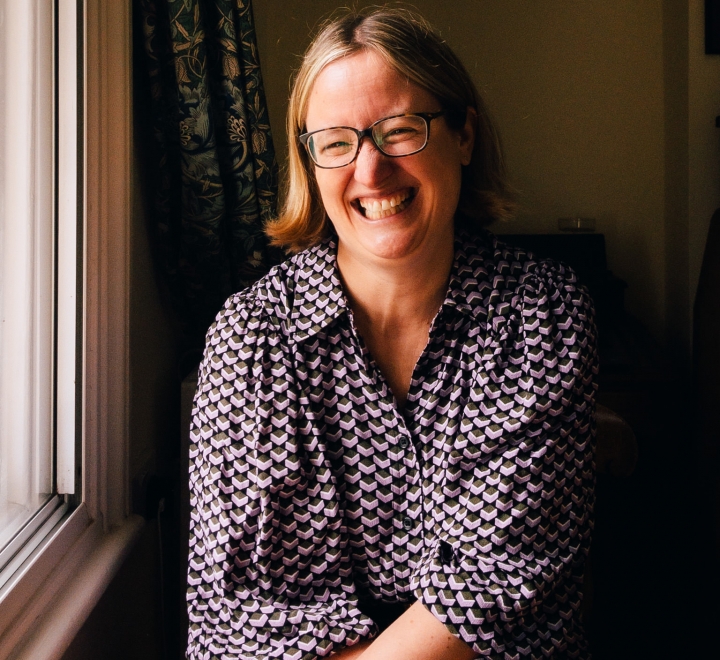
Kindness matters
Asking Kate about her most memorable moment of her career, she remembers a story from her time as a junior nurse. “I was caring for a patient and she was convinced that, had I not been her nurse, she would have died. She wrote me a lovely letter saying that I had essentially saved her life. I’m sure it wasn’t true! But she was absolutely convinced,” Kate says. For Kate, knowing she had made a difference to the patient’s life, was the proudest professional moment of her career – even more than her PhD!
And if she had one piece of advice for those starting out? You’re going to make mistakes. “You’re a human being, working with human beings and humans make mistakes. But it’s so important to be transparent and honest about those mistakes,” Kate tells us.
For those starting out in respiratory care, Kate says the best thing to do is to enjoy it. “It’s such a fun speciality, you can go anywhere. I love the relationships I build with my long-term patients. It’s just the best speciality.”
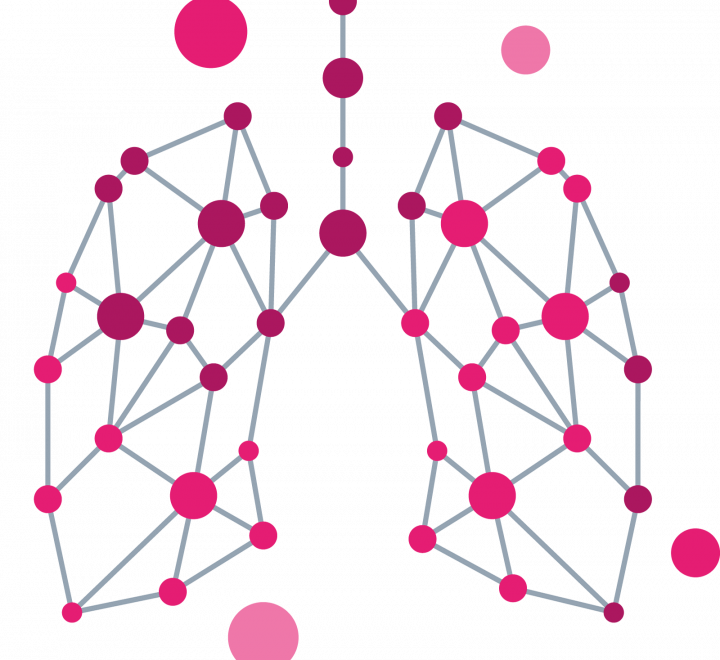
Kay's top picks
Books or TV?
Books. It’s the imagination.
Tea or Coffee?
Tea.
Early, late or night shift?
Early. I hate late shifts as you feel like you’re waiting for it to start and I’m too old for nights!
On the ward, in practice or out in the community?
Out in the community.
Summer or winter?
Summer. I actually love Spring, where all the blossom and the lambs are out!
Related stories


Interactive self-management: the programme supporting respiratory patients
Read article
Respiratory virtual wards – squaring the circle
Read article
The role of research in improving respiratory care
Read article
How difficult is it to diagnose people with COPD?
Read article

